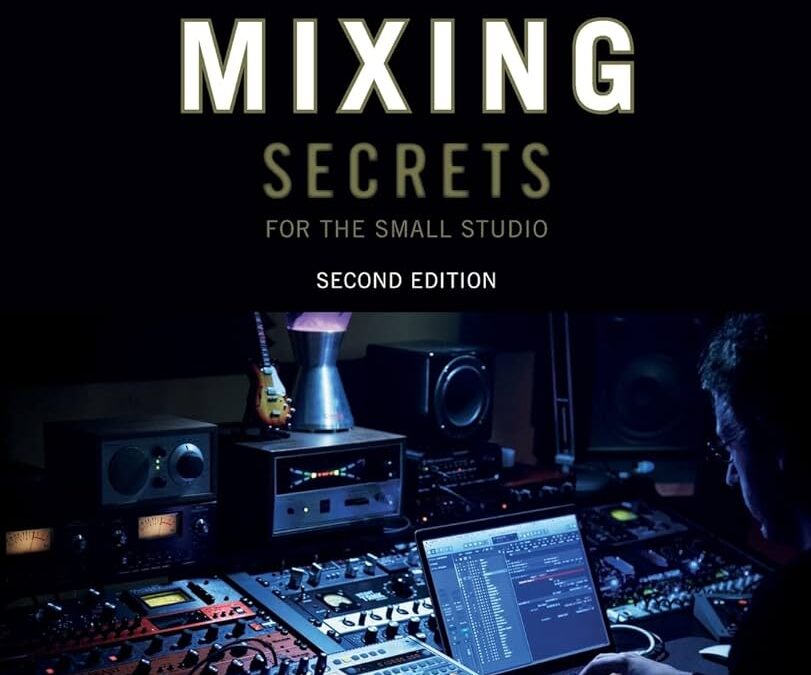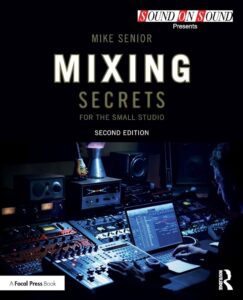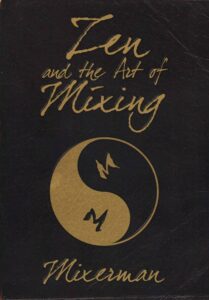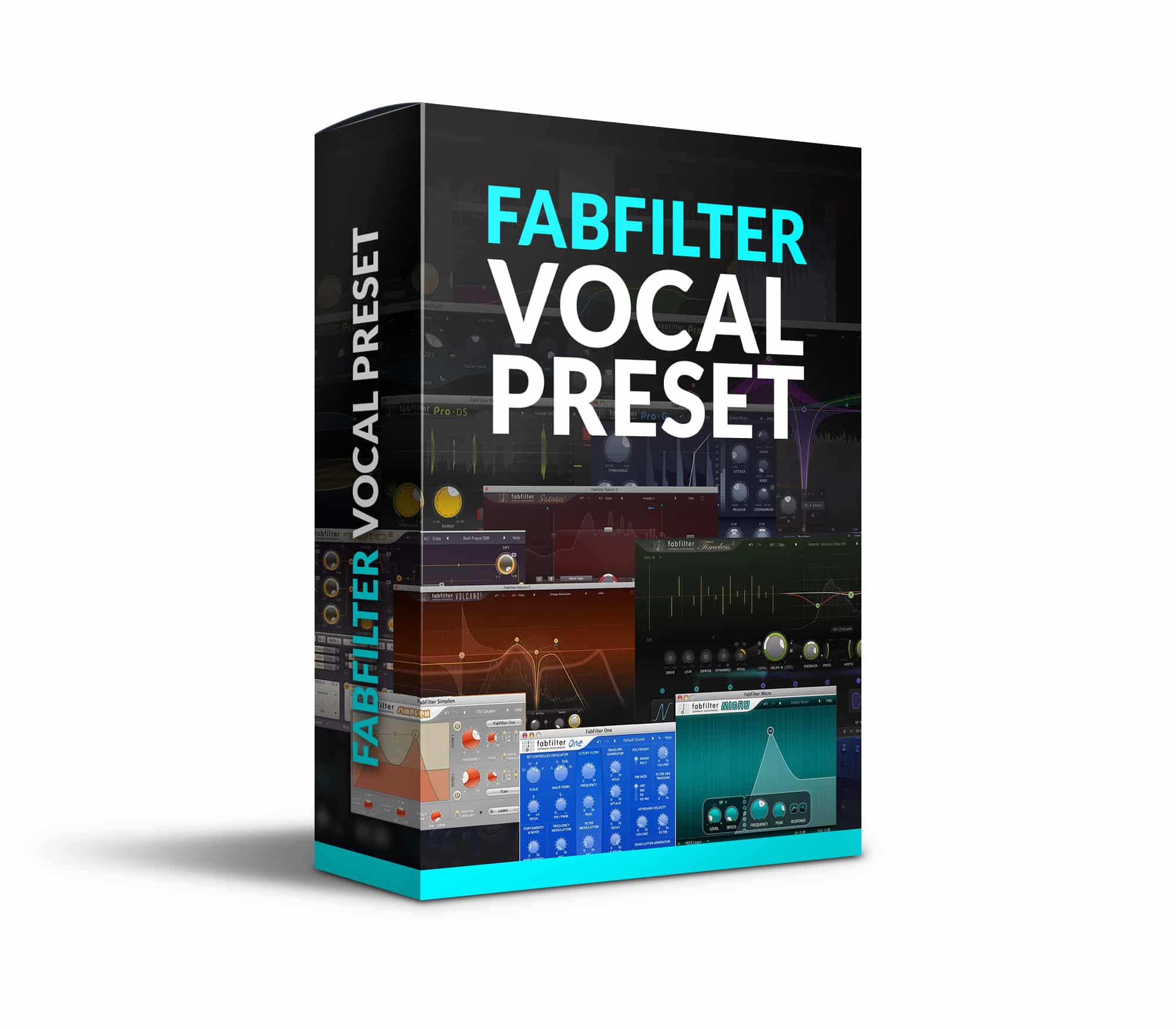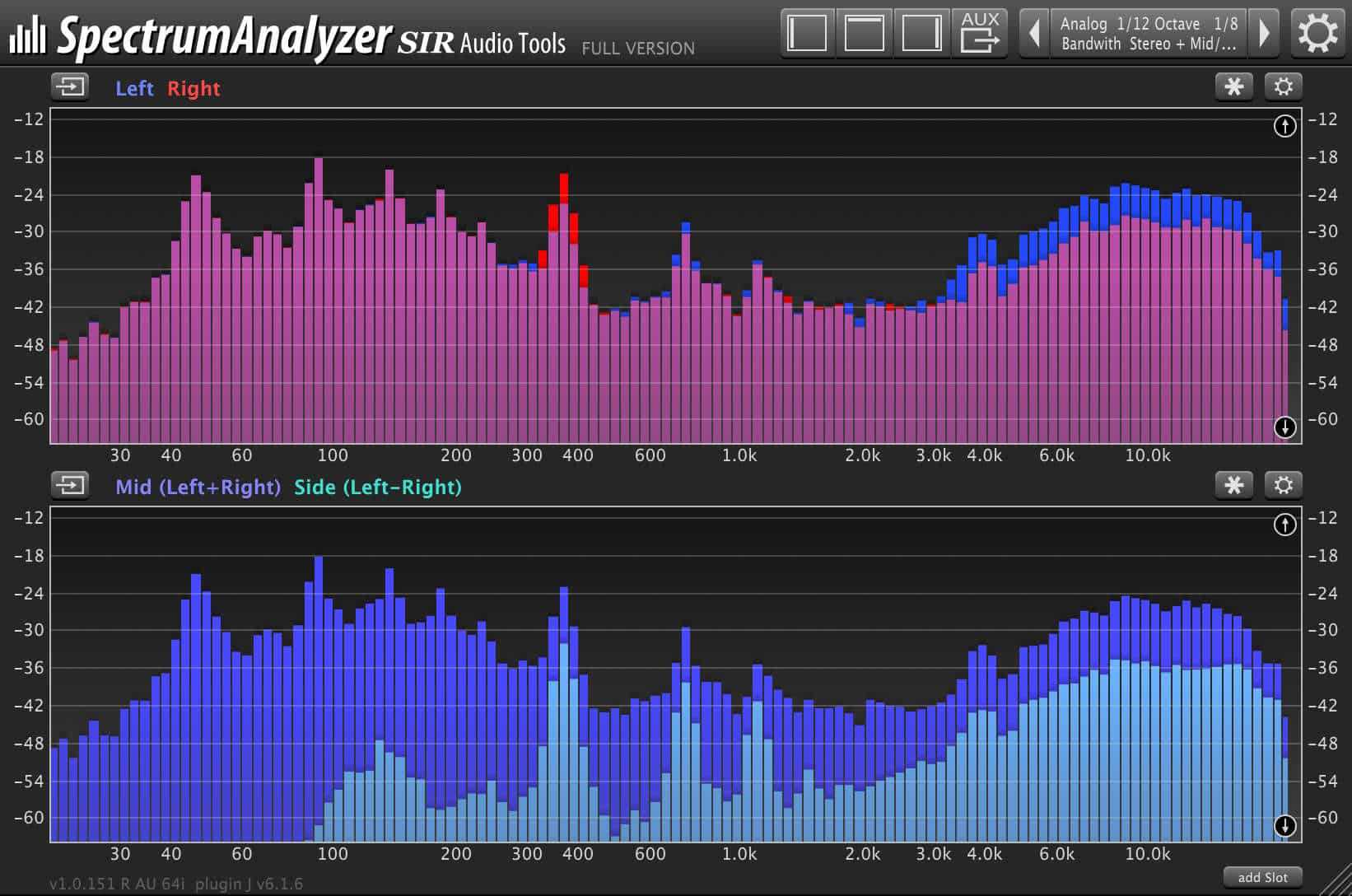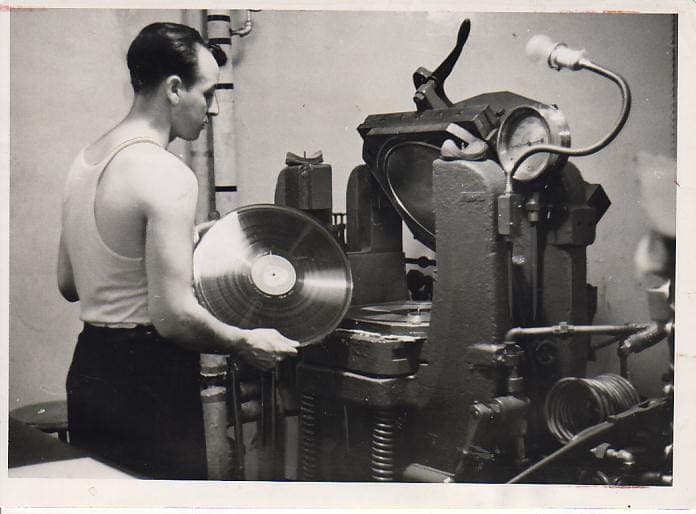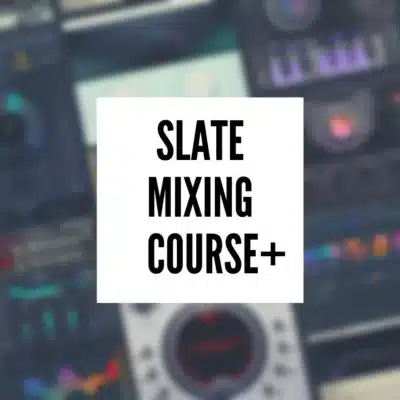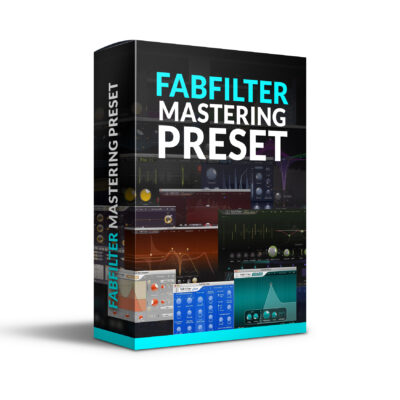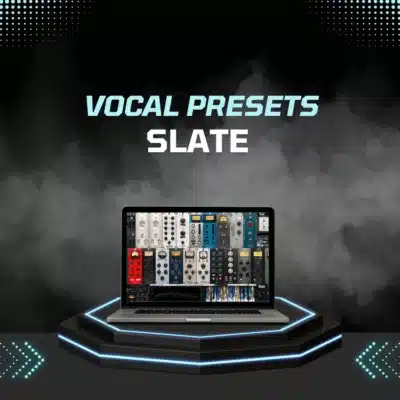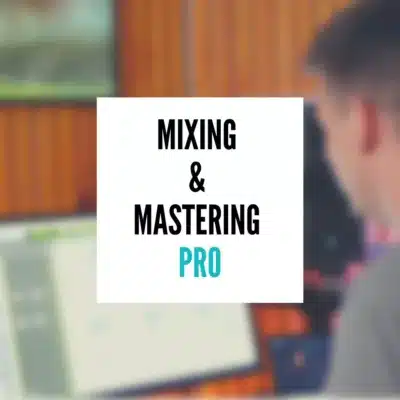In the world of audio engineering, mastering the art of mixing and mastering is crucial for creating high-quality music. Whether you’re a novice producer or a seasoned audio engineer, having the right resources can make all the difference. This is a guide of some of my favorite mixing and mastering books I’ve read of the years. Hopefully, they can bring you as much joy and knowledge as I have.
Why Invest in Mixing and Mastering Books?
The importance of good mixing and mastering cannot be overstated. While practical experience and hands-on practice are vital, books provide a wealth of knowledge that can enhance your understanding of the technical and creative aspects of audio engineering. The best mixing and mastering books are written by industry experts, offering a blend of theoretical knowledge and practical tips that are invaluable for both beginners and professionals.
Understanding Mixing and Mastering
Before diving into the books, it’s essential to understand what mixing and mastering entail. Mixing involves combining multiple audio tracks into a single track, balancing the elements, applying effects, and ensuring clarity. Mastering is the final step in music production, polishing the mixed track to ensure it sounds great on all playback devices.
Key Elements of Mixing
Mixing is an intricate process that requires a keen ear and attention to detail. Key elements include:
- Balance: Ensuring all elements of the track are heard clearly without overpowering each other.
- EQ (Equalization): Adjusting the frequency of sounds to create clarity and separation.
- Compression: Controlling the dynamics of the audio to maintain consistency.
- Reverb and Delay: Adding space and depth to the mix.
Key Elements of Mastering
Mastering brings the final polish to a track. Key elements include:
- Loudness: Achieving the appropriate volume for commercial release.
- EQ Adjustments: Fine-tuning the overall frequency balance.
- Stereo Enhancement: Ensuring the track sounds good in both mono and stereo playback.
- Final Compression and Limiting: Ensuring the track is consistent and ready for distribution.
The Best Mixing and Mastering Books
Mixing Secrets for the Small Studio by Mike Senior
This book is a treasure trove for anyone working in a small or home studio. Mike Senior breaks down complex concepts into easy-to-understand language, providing practical advice and step-by-step techniques. Topics include monitoring, EQ, compression, effects, and mix automation. Senior’s experience as a professional mix engineer shines through, making this book an essential read.
Mastering Audio: The Art and the Science by Bob Katz
Bob Katz is a legend in the mastering world, and his book is considered a definitive guide. It covers everything from the basics of audio and digital processing to advanced mastering techniques. Katz’s holistic approach to mastering, focusing on both technical precision and artistic expression, makes this a must-read for serious audio engineers.
The Mixing Engineer’s Handbook by Bobby Owsinski
Bobby Owsinski’s handbook is a comprehensive guide to the art of mixing. It covers a wide range of topics, including mix preparation, EQ, dynamics, and special effects. The book also features interviews with top industry professionals, providing valuable insights into their mixing techniques and philosophies.
Zen and the Art of Mixing by Mixerman
Mixerman’s unique approach combines technical advice with philosophical insights, making this book both informative and entertaining. It covers the psychological aspects of mixing, workflow, and the creative process, encouraging readers to find their unique mixing style.
Audio Mastering Secrets by John Rogers
John Rogers offers practical advice and proven techniques for mastering audio. This book is particularly useful for those who want to achieve professional-quality results without investing in expensive equipment. Rogers’ step-by-step approach makes mastering accessible to everyone.
Mixing Audio: Concepts, Practices, and Tools by Roey Izhaki
Roey Izhaki’s book is a detailed guide that covers the technical and creative aspects of mixing. It includes practical examples, exercises, and audio files to practice with. The book’s comprehensive coverage of mixing tools and techniques makes it a valuable resource for audio engineers of all levels.
Mastering Music at Home by Richard D. Lewis
For those working in home studios, Richard D. Lewis’s book provides practical advice on mastering music with limited resources. It covers essential topics such as room acoustics, monitoring, and using digital tools effectively. Lewis’s focus on DIY mastering makes this book a great choice for independent musicians and producers.
The Future of Mixing and Mastering
As technology advances, the tools and techniques for mixing and mastering continue to evolve. Books remain a crucial resource for staying updated with the latest trends and practices. The best mixing and mastering books offer timeless advice that can be applied regardless of the tools you use.
Combining Book Knowledge with Practical Experience
While books provide a wealth of knowledge, practical experience is equally important. The best approach is to combine the insights gained from reading with hands-on practice. Experimenting with different techniques, making mistakes, and learning from them is essential for growth as an audio engineer.
Building a Comprehensive Mixing and Mastering Library
Creating a comprehensive library of mixing and mastering books can provide a solid foundation for your audio engineering journey. Each book offers unique perspectives and techniques, and having a diverse range of resources ensures you have access to a broad spectrum of knowledge.
FAQs
What are the essential elements of mixing and mastering?
The essential elements of mixing include balance, EQ, compression, and effects, while mastering focuses on loudness, EQ adjustments, stereo enhancement, and final compression and limiting.
Why are books important for learning mixing and mastering?
Books provide a wealth of theoretical knowledge and practical tips from industry experts, helping you understand both the technical and creative aspects of audio engineering.
Can I achieve professional-quality results with limited equipment?
Yes, many books, such as “Mastering Music at Home” by Richard D. Lewis, provide practical advice for achieving professional results with limited resources.
How can I combine book knowledge with practical experience?
The best approach is to read extensively and then apply the techniques learned through hands-on practice. Experimenting and learning from mistakes is crucial for growth.
What is the role of technology in modern mixing and mastering?
Technology provides advanced tools and software for mixing and mastering, but the fundamental principles remain the same. Books offer timeless advice that can be applied regardless of the tools used.
What are some recommended books for beginners?
For beginners, “Mixing Secrets for the Small Studio” by Mike Senior and “The Mixing Engineer’s Handbook” by Bobby Owsinski are excellent starting points.
Conclusion
Investing in the best mixing and mastering books is a wise decision for anyone serious about audio engineering. These books provide invaluable insights, practical advice, and inspiration from industry experts. By combining the knowledge gained from these books with hands-on practice, you can hone your skills and produce professional-grade music. Remember, the journey to mastering mixing and mastering is continuous, and having the right resources is key to your success.

